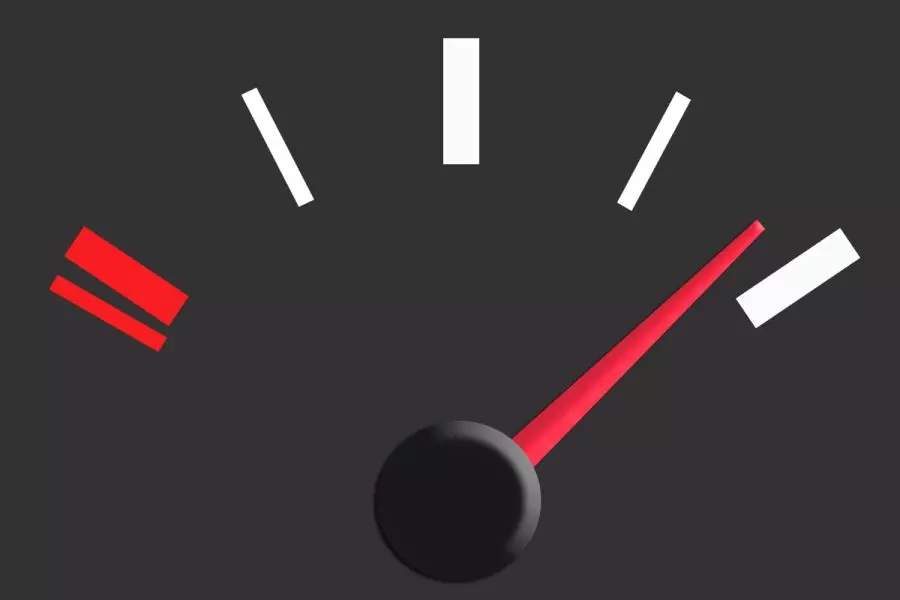News
Shifting investor activity

Tuesday 4th of October 2016
The Reserve Bank’s new investor-targeted LVRs appear to be leading to a shift in investor behaviour patterns.
Activity and demand in the hot markets of Auckland, Hamilton and Tauranga has slowed down, while Wellington’s market is booming, QV reports.
Despite these changes, property value growth in markets around the country remains strong.
QV’s Septembe...
Want to read the full article?
Click the button below to subscribe and will have unlimited access to full article and all other articles on the site.






![[The Wrap] Bye Bye Bayly](https://goodreturns.publit.io/file/c_fill,w_900,h_600/39f23ac1-f7c7-4854-b700-a150004ebbac.webp)


